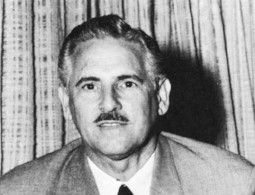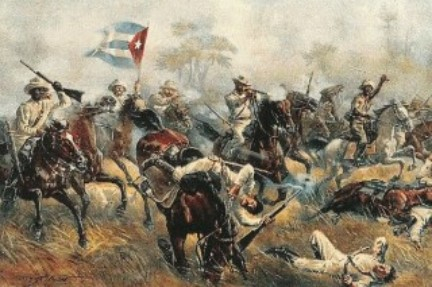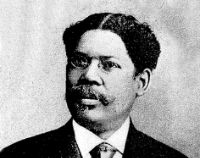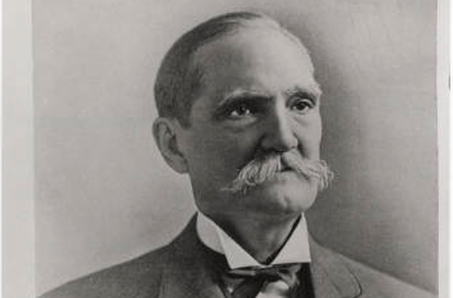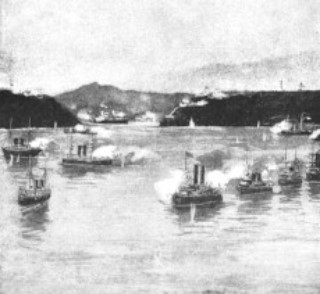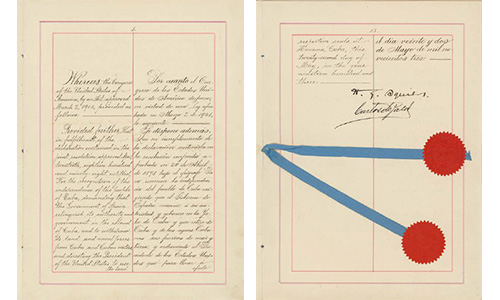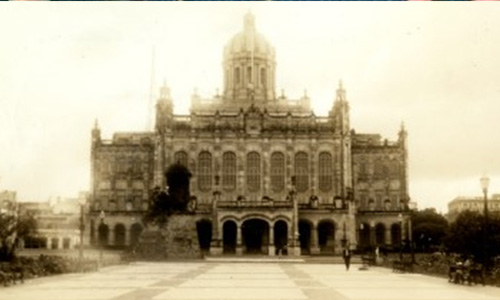This Day in Cuban History – July 14, 1903. Born Carlos Prío Socarrás
Carlos Prío Socarrás (1903-1977). President of Cuba, 1948-1952. Born in Bahía Honda on July 14, he became involved in politics at an early age, becoming active in the Directorio Estudiantil Universitario while studying law at the University of Havana in the 1930s. He was elected to the constitutional convention of 1939 and to the senate in 1940. […]
This Day in Cuban History – July 14, 1903. Born Carlos Prío Socarrás Leer más »

